
Transcription
Window of opportunity? A Syrian rebel fighter takes a position during a battle in the Saiw al-Dawla district of Aleppo
A War He Doesn't Want: Why Obama keeps his distance from the rebels in Syria
BY MICHAEL CROWLEY
Barack Obama ordered air strikes on behalf of rebels in Libya two years ago, he said, because he "refused to wait for the images of slaughter and mass graves before taking action." But in Syria, where 70,000 have already died, the President shows zero appetite for similar action. He has limited U.S. involvement to humanitarian aid along with a reported CIA role training some rebel fighters while guiding arms and supplies from Sunni Arab countries toward moderate rebel factions. Obama's goal is a diplomatic solution in which Syrian ruler Bashar Assad ends the violence, gives up power and makes way for a relatively moderate government.
But that approach is looking increasingly hopeless. Assad's brutality suggests that he is determined to fight to the last. And the influx of weapons from Arab countries has unleashed violence that might not be containable as Sunnis, Shi'ites and other sectarian groups fight for power and survival. As George Washington University puts it, "The political track is dead."
That has intensified the debate about what else the U.S. and its allies should do. Recently, calls for bolder action have come from some unexpected quarters. Britain and France have pushed to end the European Union embargo on arms shipments to the rebels. Democratic Senator Carl Levin of Michigan, a forceful critic of the Iraq war, joined with the more reliably hawkish Republican Senator John McCain last month in urging Obama to create a no-fly zone in northern Syria, possibly enforced with air strikes. ("No boots on the ground", Levin says.)
Even some top Cabinet officials have proposed doing more. Last summer, then Secretary of State Hillary Clinton and then CIA Director David Petraeus reportedly presented the White House with a plan to vet, train and arm select rebel fighters. Obama's Joint Chiefs of Staff Chairman and then Defense Secretary Leon Panetta later said they supported the idea. Obama rejected it.
A White House aide says Obama is "constantly reviewing every possible option". But critics of Obama's approach warn that inaction can be as costly as reckless intervention. Arming the rebels, they argue, might ensure U.S. influence in Syria in the post-Assad future. Ending the war faster could save lives and stanch spreading instability.
But Obama isn't sold. Supplying arms doesn't involve U.S. troops but does risk the prospect of weapons falling into the hands of Islamists, including the 5,000 or so fighters of the Nusra Front, which has direct links to al-Qaeda's Pakistan leadership. Surgical air strikes may also sound tempting. But Assad has a stronger air-defense system than Libya's Muammar Gaddafi did. And targeting Assad's forces in Syria's populated areas would be riskier than the desert fighting in Libya.
Even nonmilitary aid isn't a simple proposition. Most of the U.S.'s humanitarian support flows via organizations like the Red Crescent and the U.N., which can distribute it only with the Assad regime's approval - meaning that little of it reaches rebel-held areas.
Then there's Iran, which sees Assad as an important ally and has supplied him with arms and money. Javier Solana, who until 2009 was an E.U. negotiator with Tehran over its nuclear program, recently said he believes that Obama fears intervention could disrupt that delicate diplomacy.
Ultimately, Obama doubts the U.S. can help. "In a situation like Syria, I have to ask. Can we make a difference?" he told the New Republic in January. [Nope]
Obama's first presidential bid was shaped by his strong opposition to what he called a reckless war in Iraq. Libya aside, says Kenneth Pollack, a foreign policy expert at the Brookings Institution, Obama still lives by that credo. "He's the man elected not to get the U.S. involved in any more wars in the Middle East. His job is to get us out of wars." [Amen!]
Other posts by this author
|
2013 jul 20
|
2013 may 12
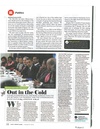
|
2013 may 12
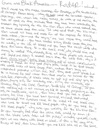
|
2013 may 12
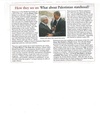
|
2013 may 12
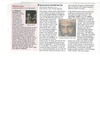
|
2013 may 12

|
More... |
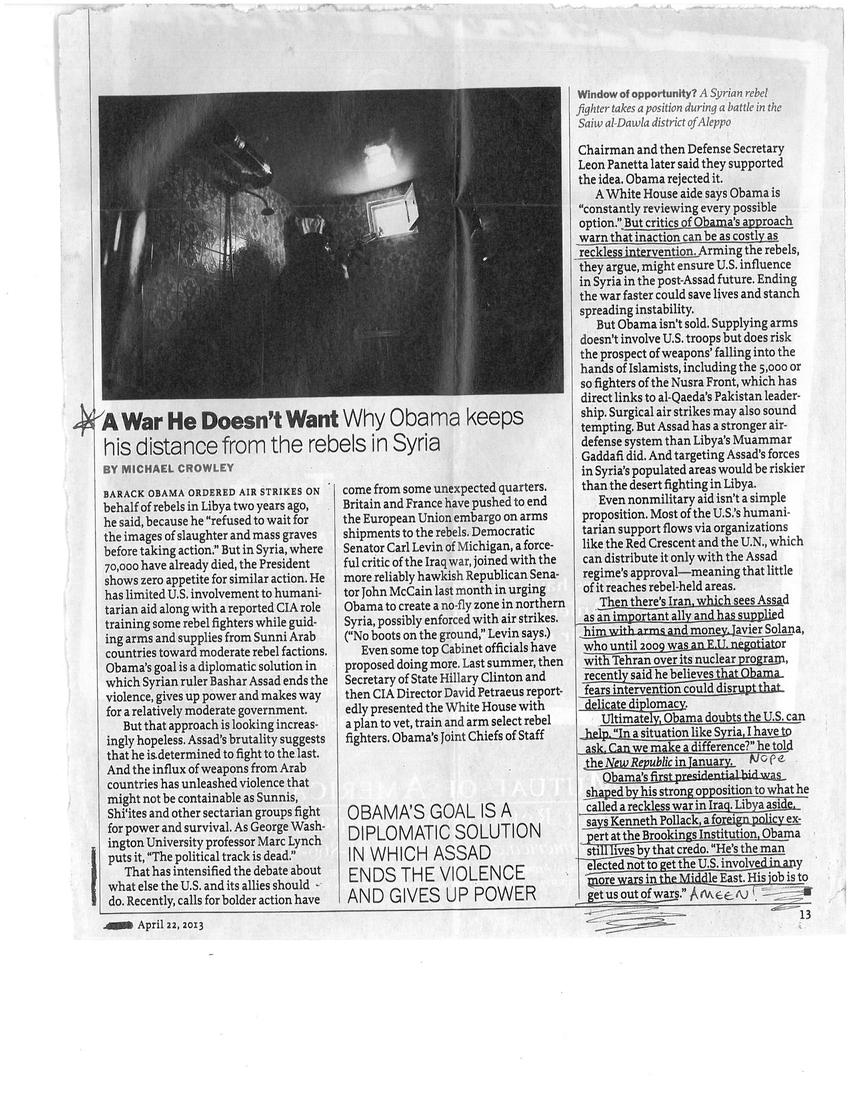

Replies